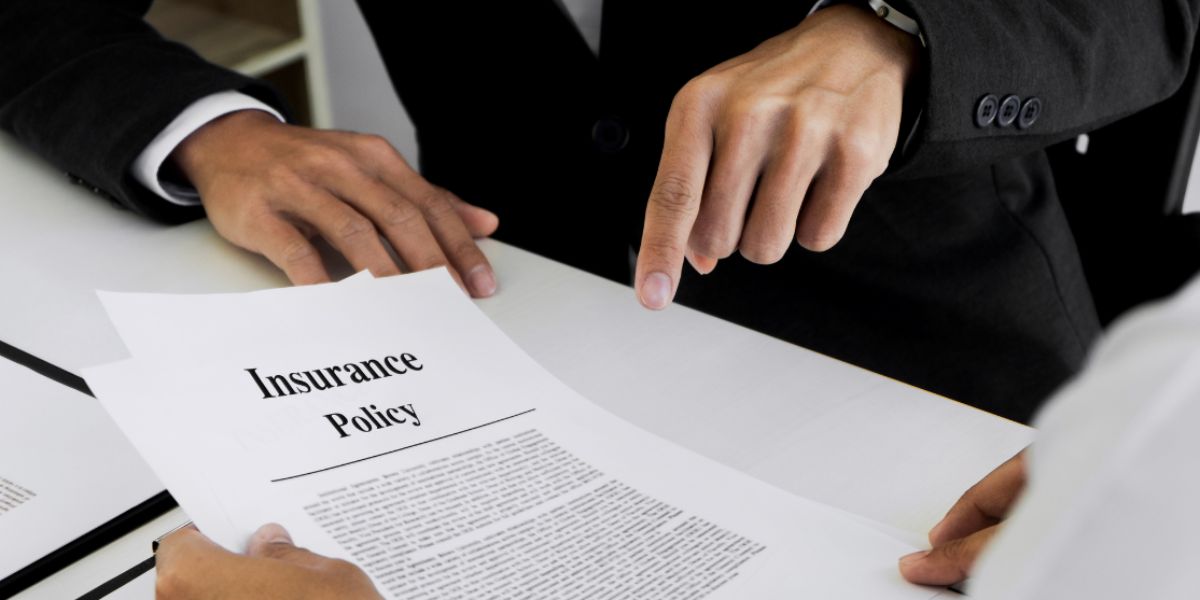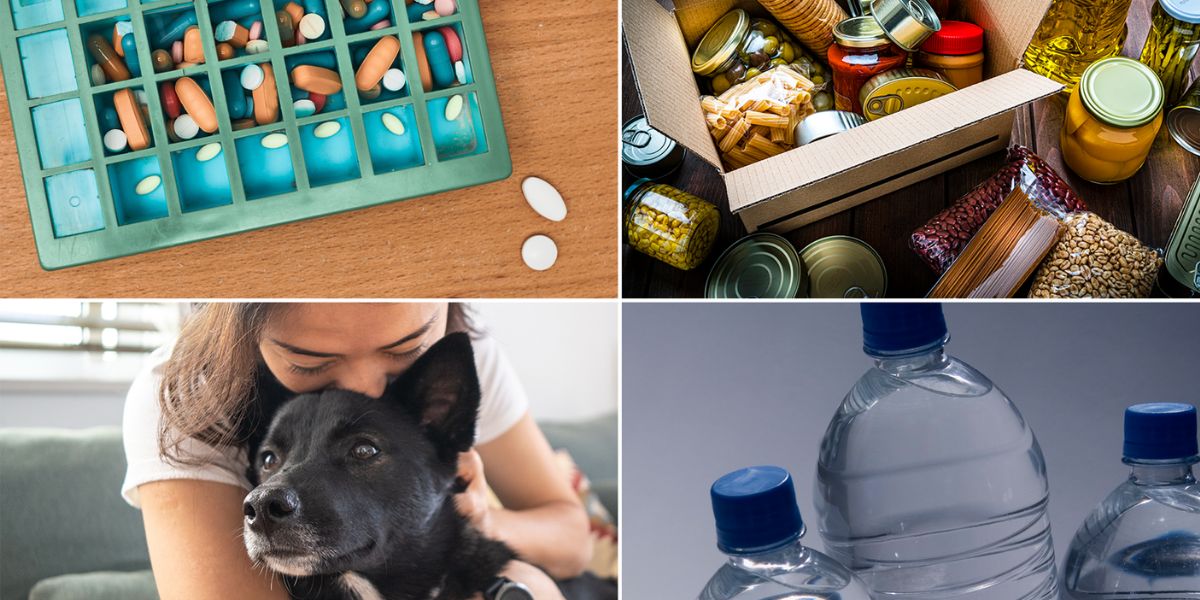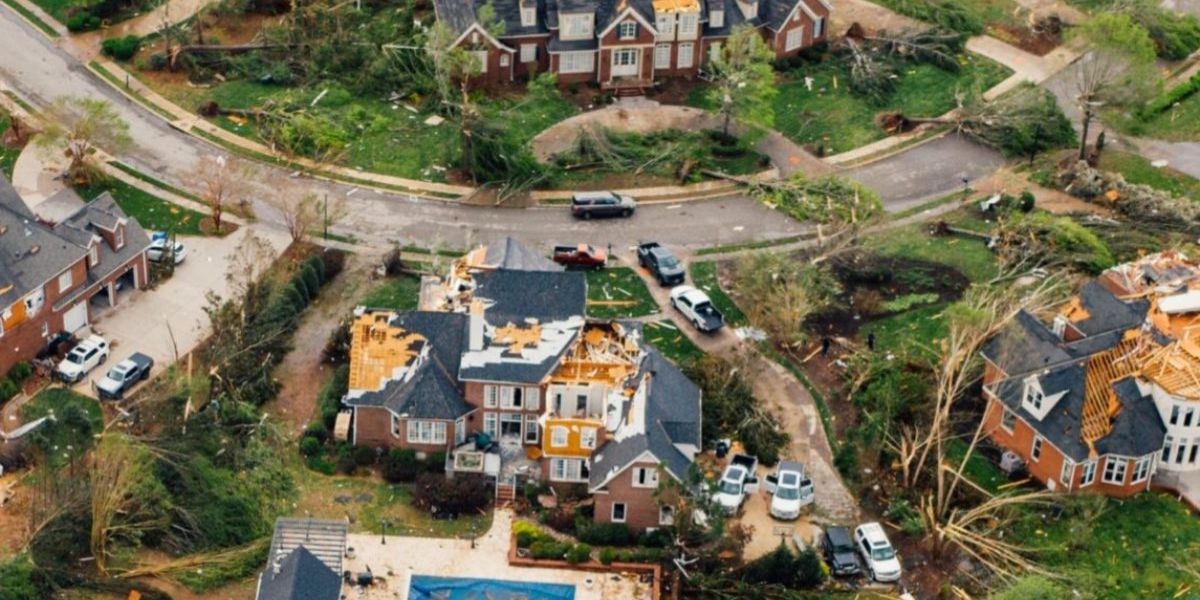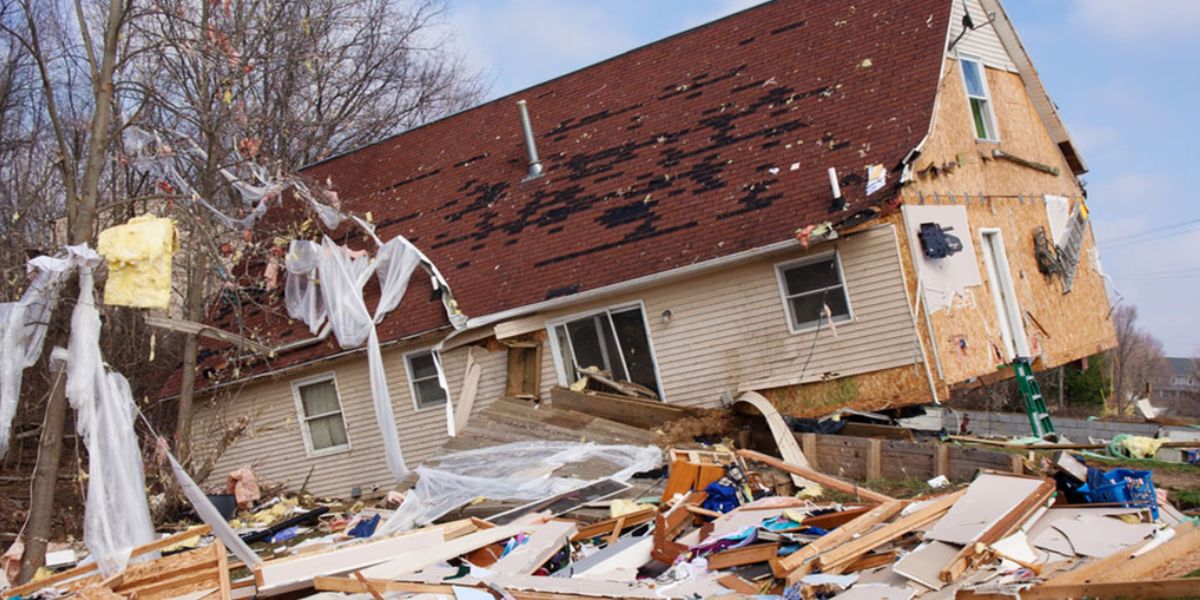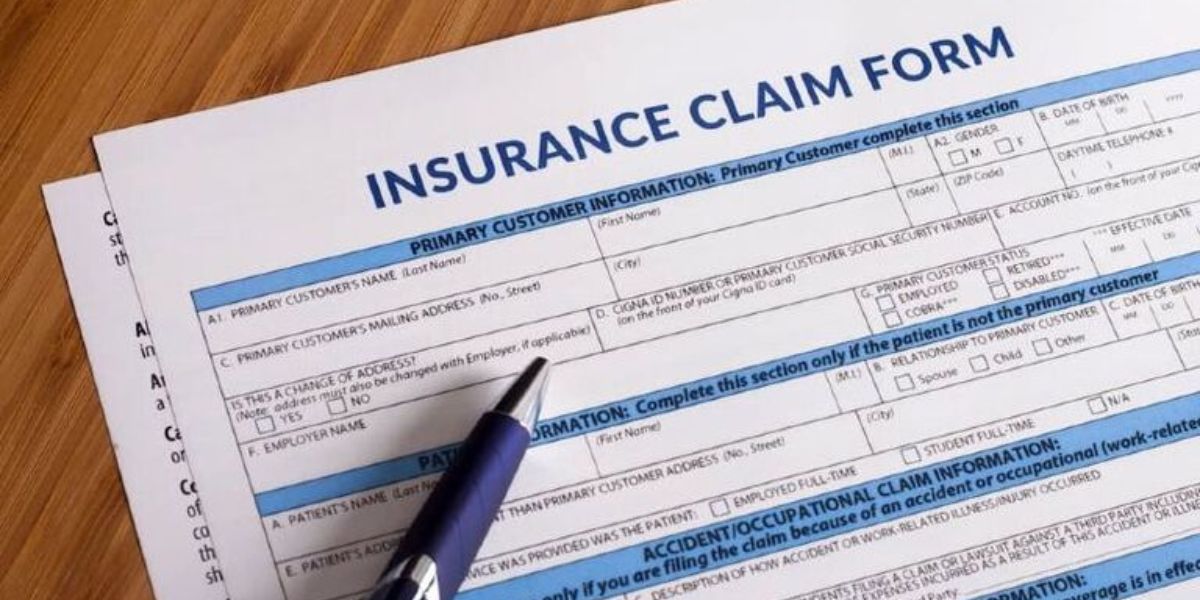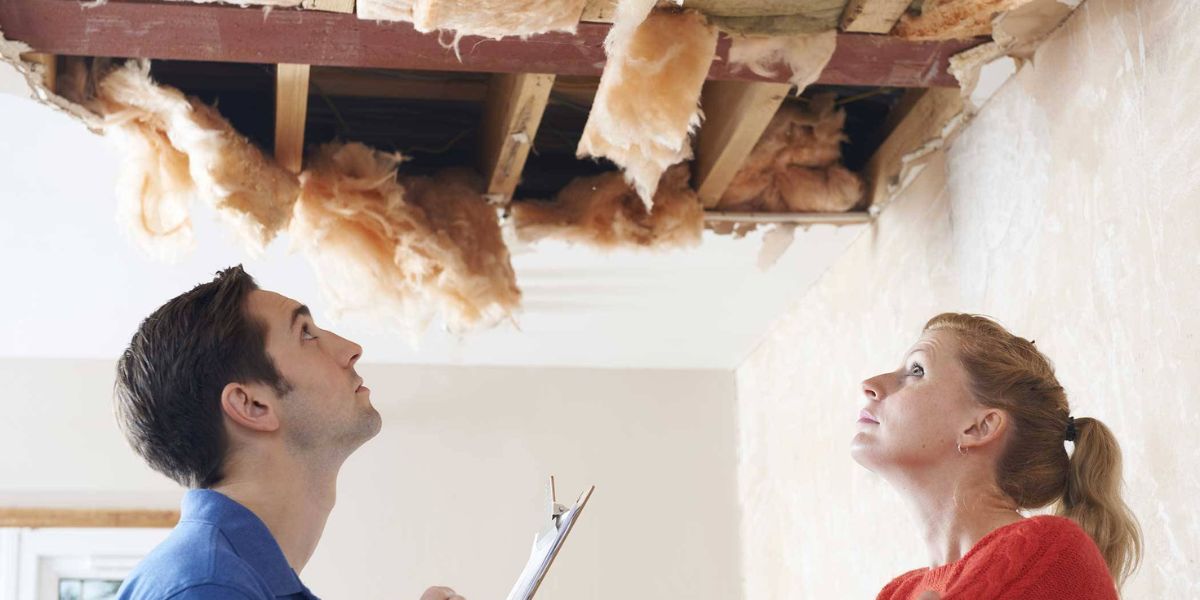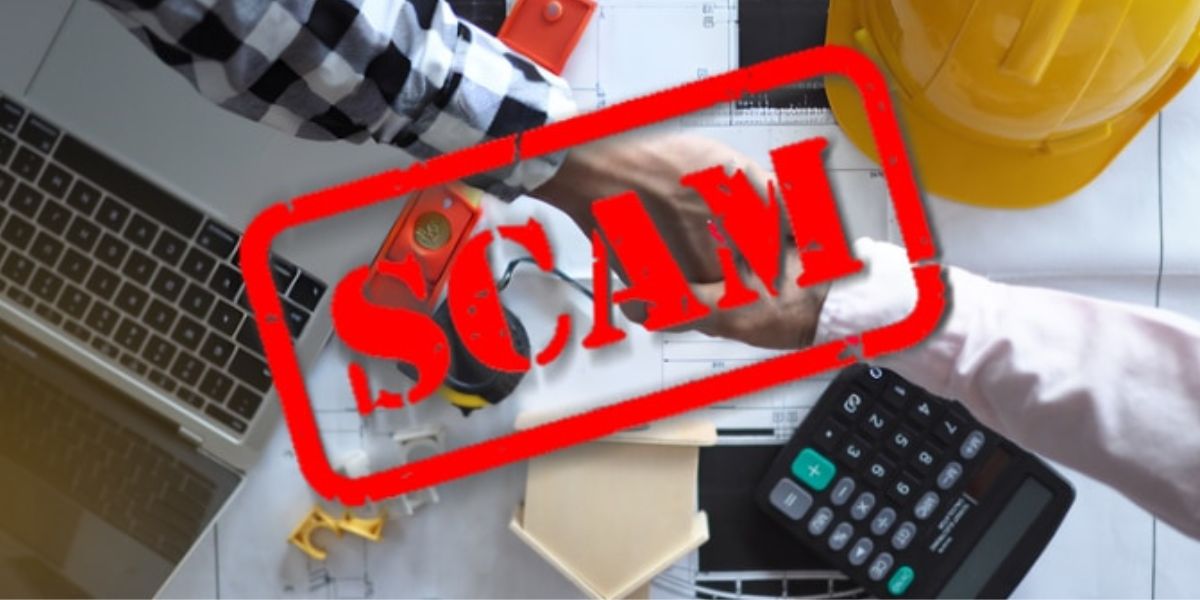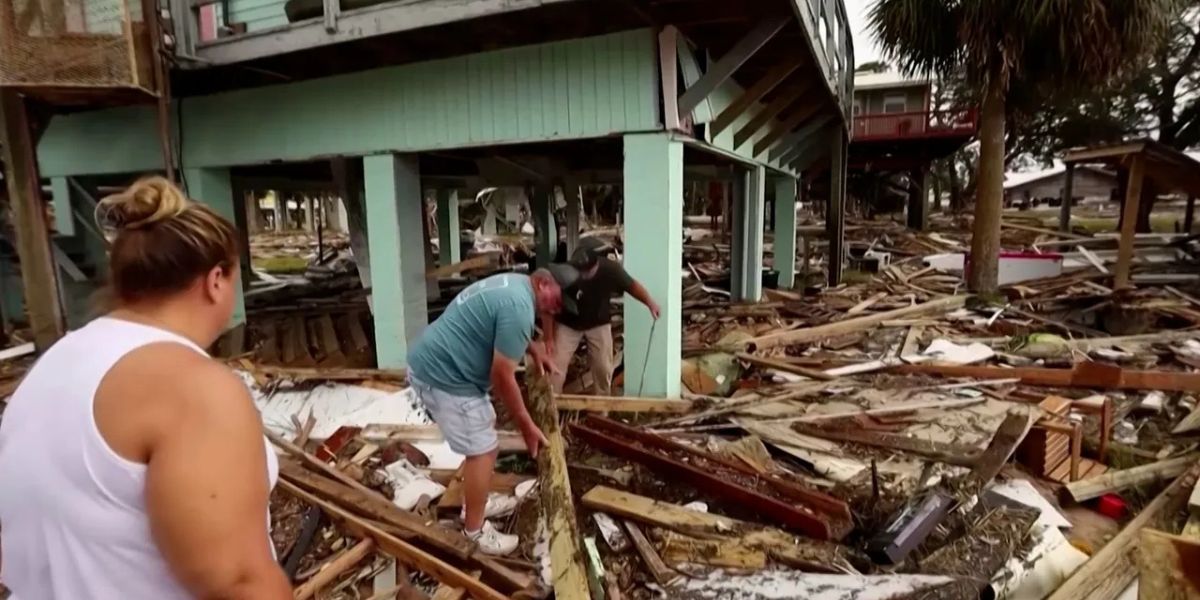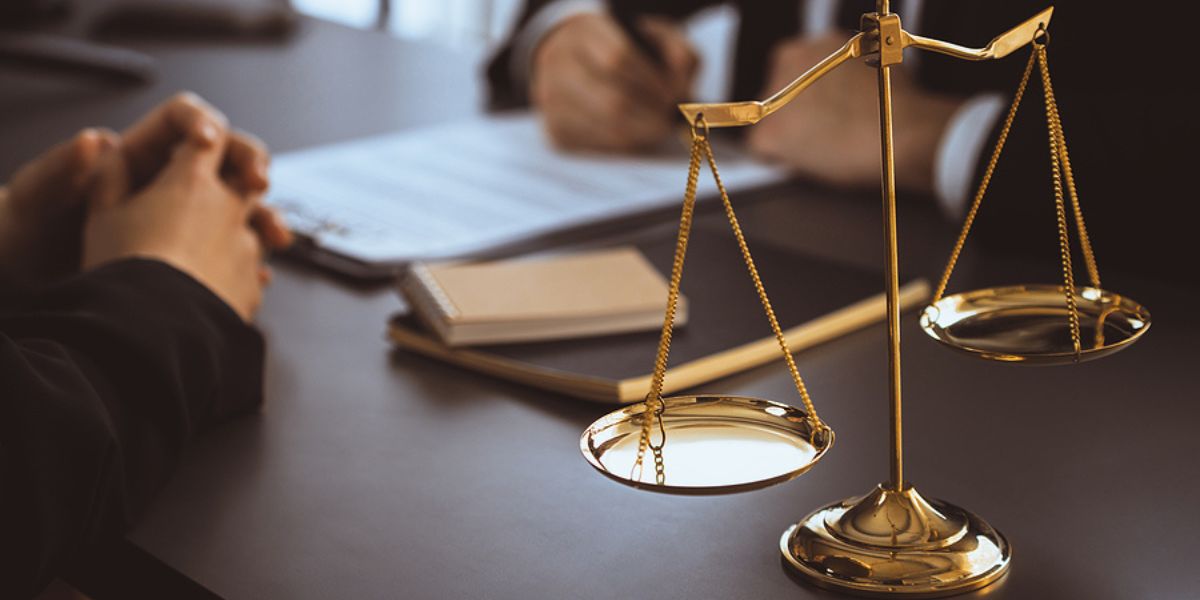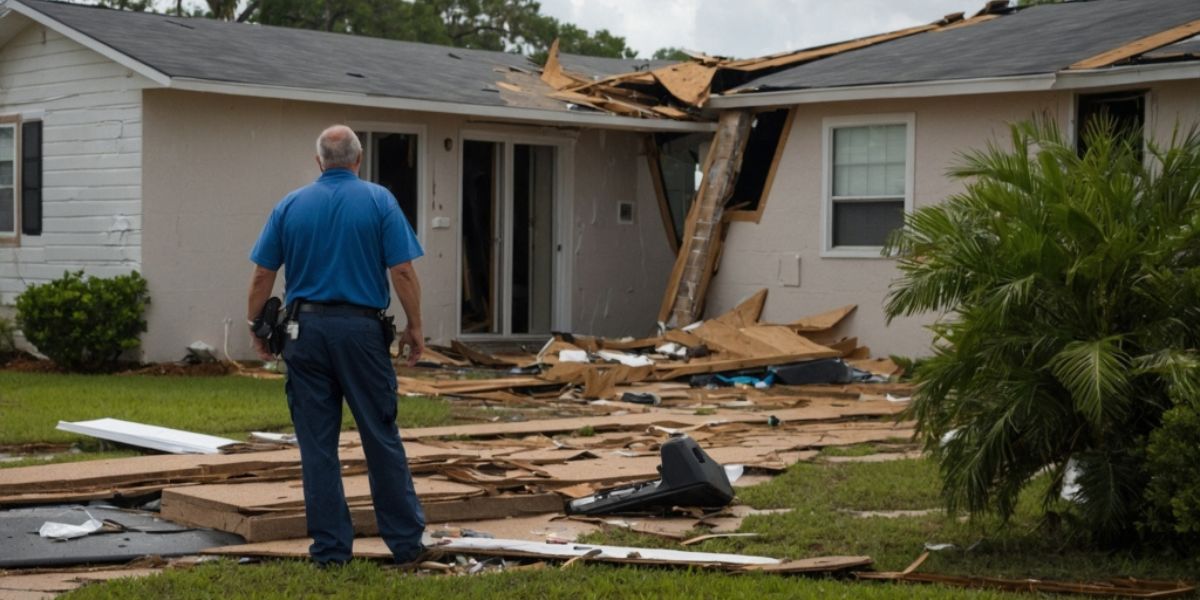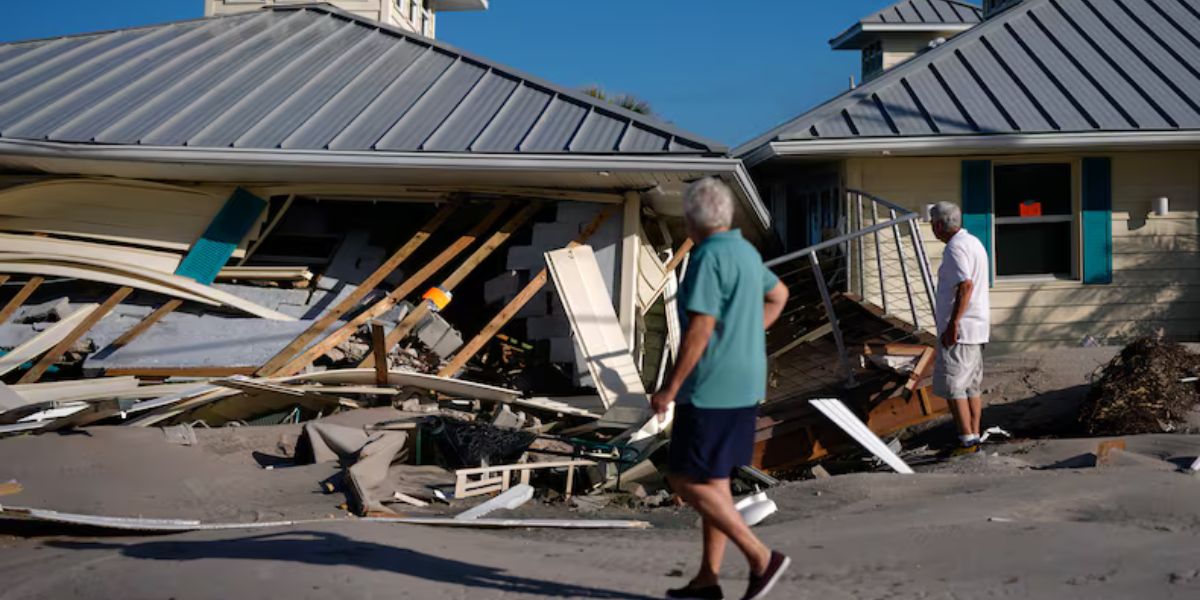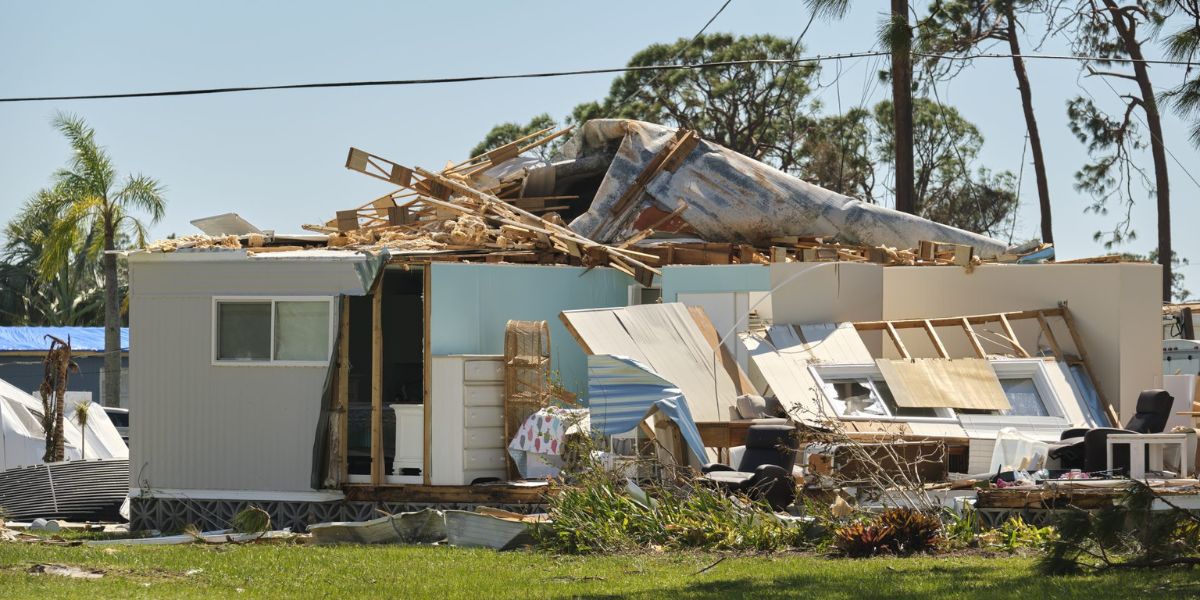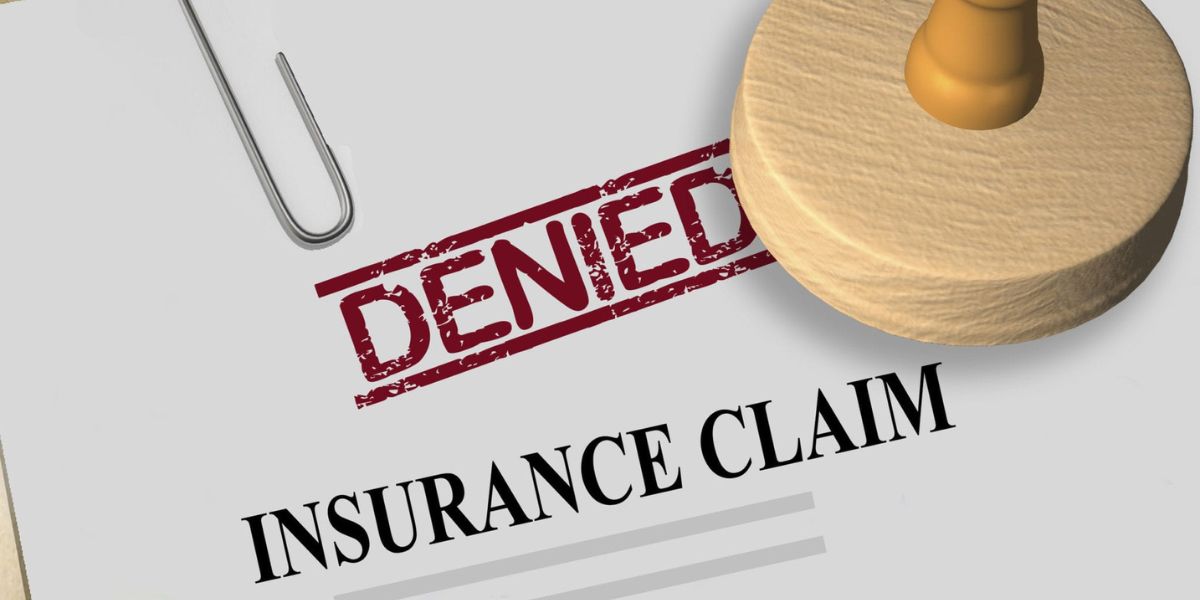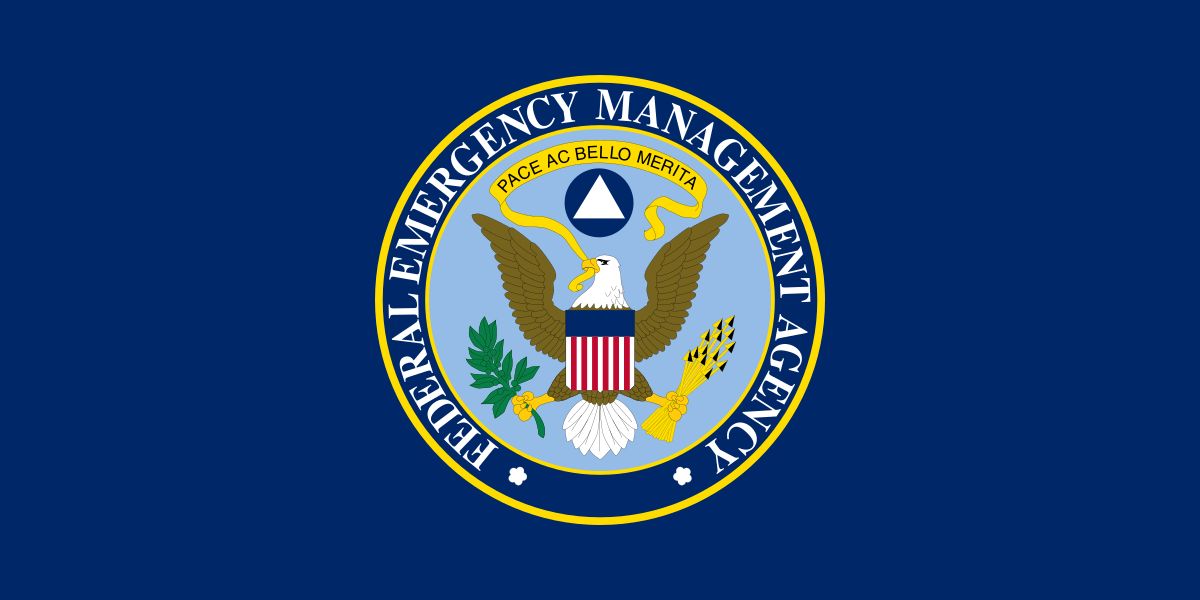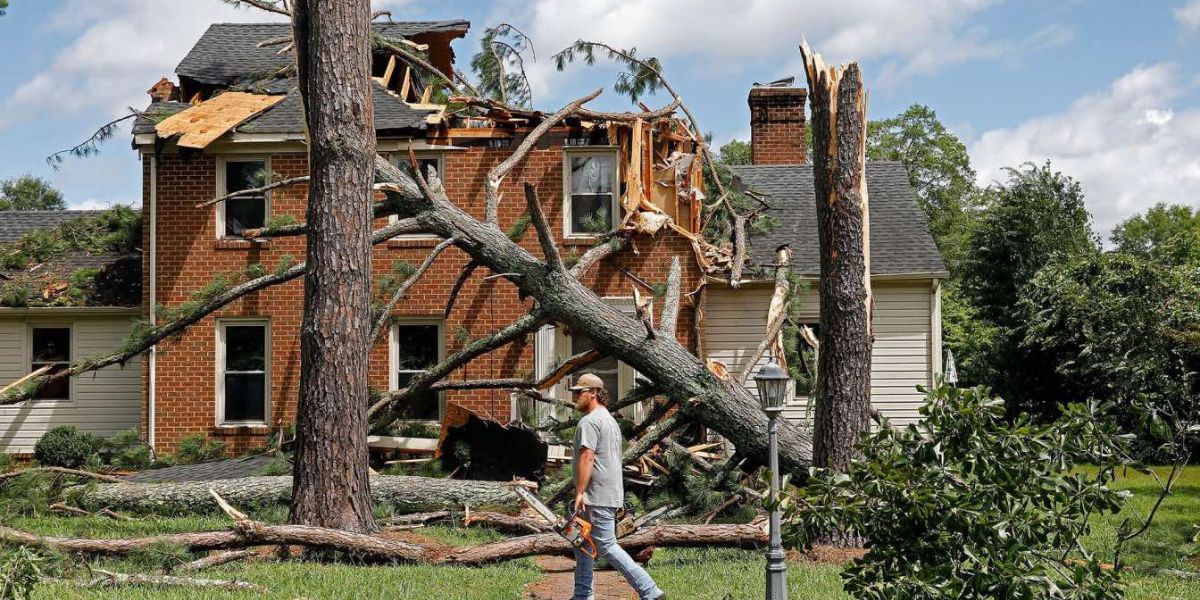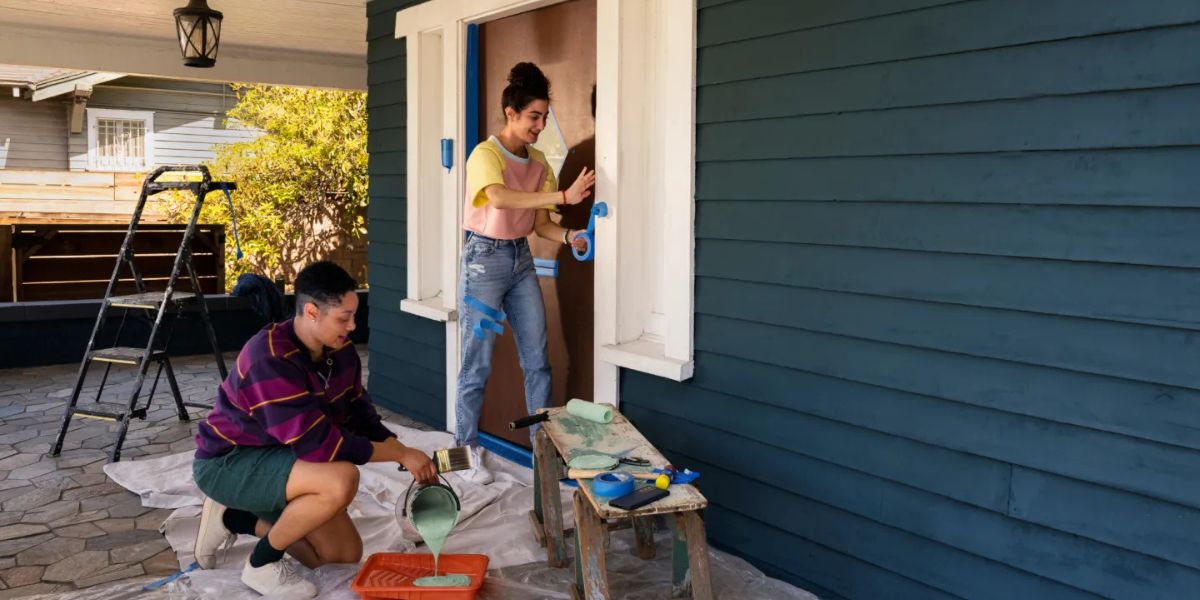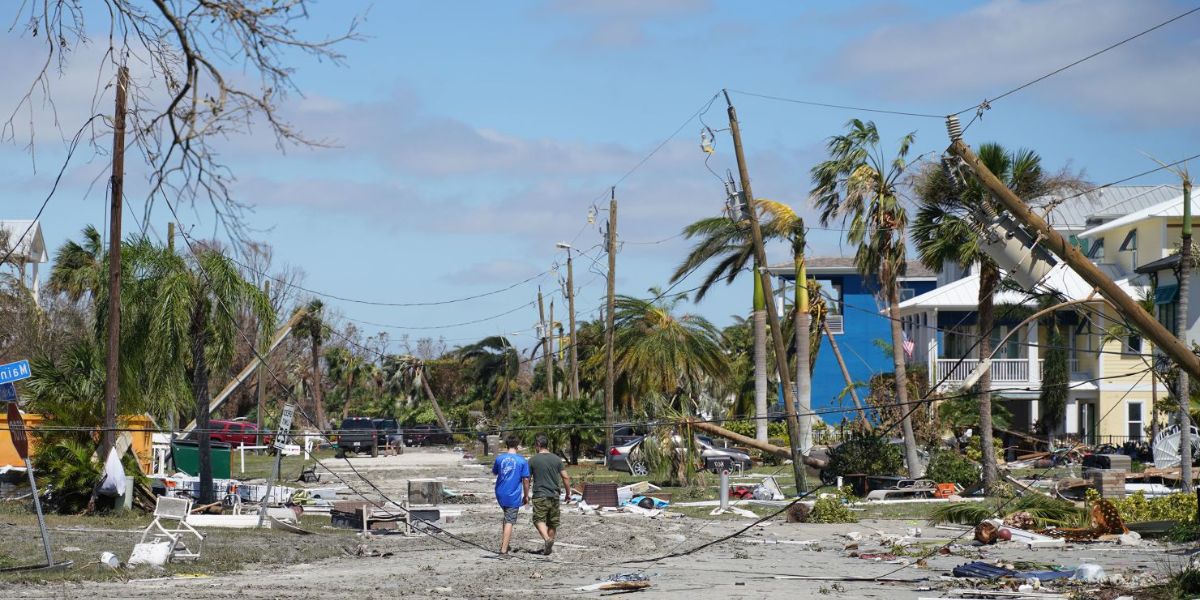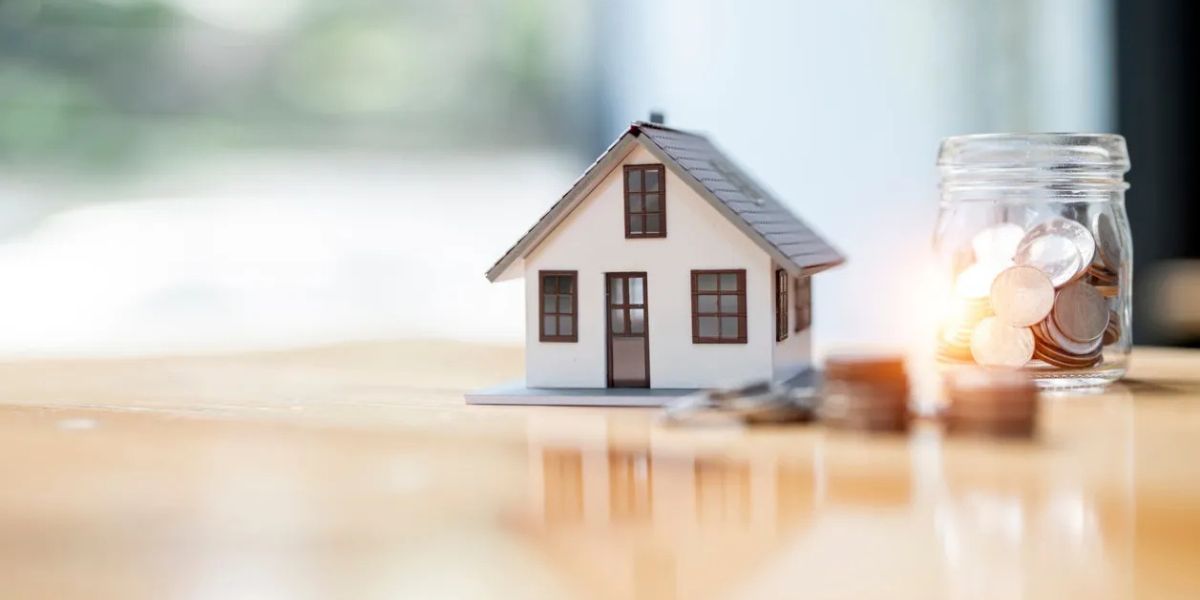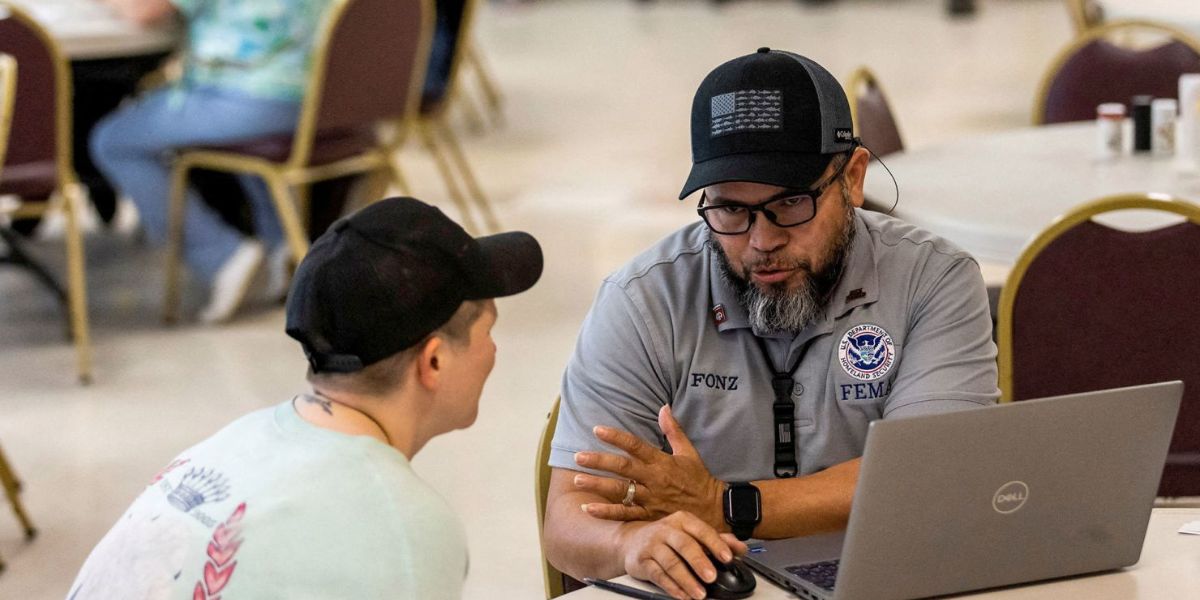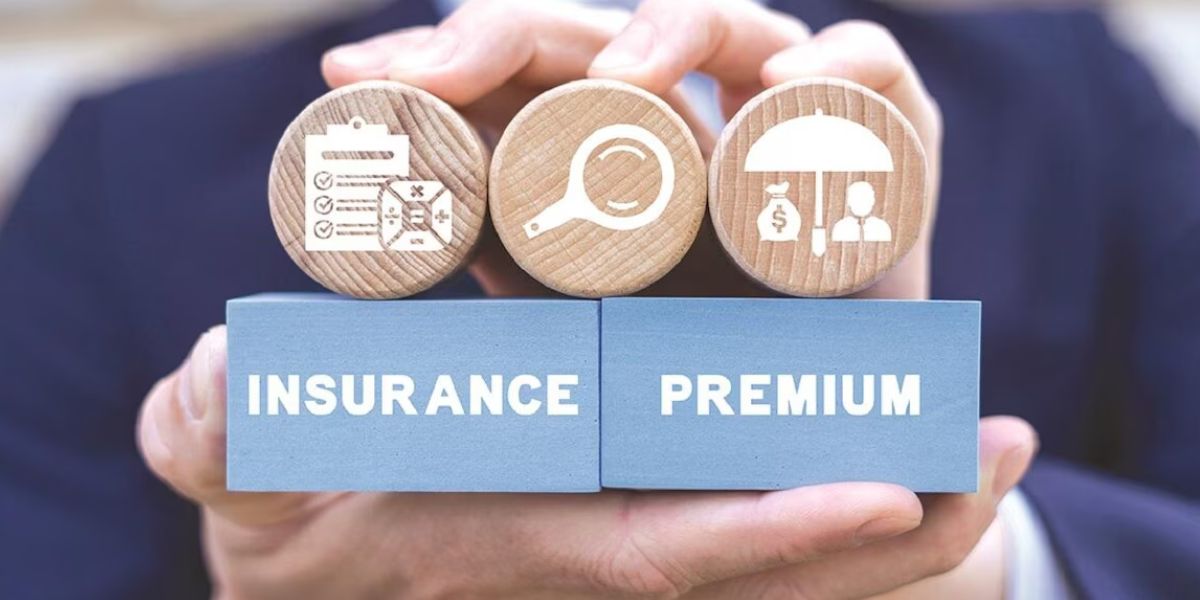Florida is known to have frequent hurricanes. There have been past and strong hurricanes that have inflicted damage to the residents in the locality. Due to this reason, it is extremely important for the property owners in Florida to have a proper insurance policy. Having an understanding of how to file the insurance claim and most importantly how to secure it in case of unfortunate events, can really make the difference in your recovery. In this article, we will provide you a step-by-step guide on how to file and get a hurricane insurance claim in Florida.
1. Understanding Your Hurricane Insurance Policy
Before a hurricane strikes, it’s extremely important to properly understand your insurance policy. Florida homeowners usually buy hurricane insurance in which there’s a combination of windstorm and flood coverage. Each coverage comes with a different policy with different terms. To understand better, windstorm coverage includes the damage that has been inflicted by high winds. On the other hand, flood coverage includes the damage protection against rising waters. This coverage is not a part of standard homeowner policies. It is imperative for you as a resident to thoroughly review your policy documents and note down the coverage limits, exclusions or any particular special clauses that are directly or indirectly related to hurricanes. Learn the terms “actual cash value” versus “replacement cost,” as this will be useful in understanding in damage reimbursement. Understanding your policy inside out can save time and confusion later.
2. Prepare Before the Storm
Florida is a hurricane-prone area and only sufficient preparation is your key in such times. Ahead of the hurricane season, make a detailed emergency plan. This should entail saving your important documents such as insurance policies, property papers and medical records in airtight and waterproof containers. Always have an emergency kit ready with important medicines. Your kit should also include basic necessities including food, water, routine medicines, and flashlights. Coming to the insurance purposes, it’s always smarter record your property in form of photos or videos. Try to focus on the present condition of your home and other valuable items. Once you have these records with you, it will be easier for you to file your damages later and claim them. Preparation will largely help in protecting your family and property.
3. Know Your Hurricane Deductible
In Florida, hurricane insurance often includes a unique deductible. It is important to understand that this is not a fixed dollar amount. These hurricane deductibles are usually a percentage of your home’s insured value. It ranges from 2% to 10%. Let’s understand with an example; if your home is insured for $300,000 and your deductible is around 5%, you are supposed to pay $15,000 out of pocket before your insurance comes in. Understanding your deductible is extremely important, so you’re not caught off guard when hurricane hits. Always make sure you have sufficient savings to cover this deductible if a claim becomes obligatory.
4. Documenting Damage After the Storm
Once the storm has passed and it’s relatively secure to go outside, record all the damage that has been inflicted to our property with a smartphone or camera. Take focused and high-resolution pictures and videos of every affected area. Start from the roof shingles and damaged windows and record all the way to your water-damaged interiors. Be detailed and comprehensive in your documentation. Take pictures from various angles and distances. This will give you a clear picture of the damage. Lastly, if its possible for you, make a written inventory of all your damaged items. This should include all the estimated values and dates of purchase of your items. Remember that proper documentation will strengthen your claim and reduce disputes with your insurance company. Don’t throw away any damaged items until your claim is processed.
5. Contact Your Insurance Company Immediately
When the hurricane is over and you have evaluated the damage, immediately contact your insurance company on the first basis. This is important because most insurance policies have a rule that claims should be filed within a specific time period after the damage have incurred. If you fail to do so, you can potentially jeopardize your chances to receive compensation. After you have informed, your insurance company will assign you a particular claims number. They will also provide you with instructions on the next steps which includes scheduling a meeting with an adjuster. It is important to have your policy number and documentation ready when you are making the call. This will help in streamlining the process.
6. File a Detailed Insurance Claim
The next important step is to file a detailed claim. This is essential in order for you to get your compensation for hurricane damage. Be very particular, when you will contact your insurance company, about the details of your damage. Make sure to include all important information such as time and date of the calamity. Don’t forget to add the extent of the damage to structure as well as personal belongings. Inform them about the steps you’ve taken to prevent further damage. Your documentation, must include all the photos, videos, and receipts. This will play an important role in supporting your claim. Ensure to ask the insurance company for confirmation that your claim has been filed.
7. Keep Receipts for Repairs and Temporary Housing
Once the hurricane is over, you might need to make emergency repairs to stop more damage. If your house become inhabitable, you may have to relocate as well to temporary. In this scenario, make sure to save receipts that are all out-of-pocket expenses. This entails repairs, hotel stays, food, and temporary housing arrangements. Various insurance policies will compensate these costs, since they fall under Additional Living Expenses (ALE). However, remember that you will only be compensated for reasonable expenses, so avoid extra spending. By keeping a comprehensive record of all these additional expenses, you can provide proper evidence when filing your claim for additional reimbursement.
8. Be Wary of Post-Storm Scammers
Unfortunately, hurricanes often attract scammers looking to exploit vulnerable homeowners during times of crisis. Common scams involve contractors who insist on large advanced payments yet never initiate repairs, or those who conduct subpar restoration work. To protect yourself, hire licensed contractors. Verify credentials and references before authorizing any agreements, and be cautious of spontaneous offers for services or work.
9. Mitigate Further Damage
Insurance policies often require homeowners to take reasonable steps to mitigate further damage to their property after a hurricane. For instance, if your roof is damaged, you may need to place tarps over the exposed areas to prevent water from entering and causing irreparable harm to the interior. Similarly, boarding up broken windows or clearing debris may be necessary to stop additional destruction from occurring. Failure to do so could result in your claim being reduced or even denied altogether due to negligence. Keep all receipts and documentation related to these mitigation efforts diligently, as your insurance company may reimburse you for costs incurred from protecting the property from worsening conditions.
10. Meet with an Adjuster
Your insurance company will send an adjuster to review the damage after you file your claim. The adjuster report will be a major factor in deciding how much money you get, which is why you should attend the inspection. Make sure you show the adjuster all damage (big and small), take them through every concern, then ensure that he takes proper notes and pictures. If possible, gather documentation like pictures or videos you took after the storm to help prove your claim. If you feel the findings of the adjuster are wrong, then hire an independent adjuster to provide a second opinion or appeal.
11. Know Your Rights Under Florida Law
In Florida, there are special laws to protect homeowners making hurricane claims. Your insurer is required by state law to acknowledge the claim you filed with them within 14 days, and they must provide an initial assessment of your claims within the first month. Also, insurers must pay undisputed claims within 90 days of initial submission. If the above timelines are not met by your insurance company, you could be owed interest on claim or other potential legal remedies.
12. Request an Advance Payment if Needed
You may require immediate financial help to pay urgent bills including temporary accommodation, food or emergency repairs in some cases. If this is the case, do not be shy of asking for an advance payment from your insurance. Several insurance providers give you an advance to cover your short-term needs whilst they examine the full claim. Provide all necessary documentation to secure your needs Remember, if you receive an advance payment it will be deducted from the ultimate settlement, so adjust your expenses accordingly.
13. Keep a Claim Diary
A claim diary can help you remain organized in the midst of a claim process. Record any and every conversation you have with your insurance provider: when it happened, who was involved on the other end of the line or email, an overview in pointers. Also keep track of any emails, letters or other correspondence that you may make in regard to your claim. This diary will help you refer to your claim if you want to resolve any dispute. Keeping a careful and precise documentation of all communications will make sure that your claim goes through swiftly.
14. Don’t Settle Too Quickly
Many times insurance companies will make a quick payment after a hurricane due to volume of claims at once. Though it may be tempting to just take an early settlement and move on, give the process some time. Spend some time in evaluating how bad everything is and having contractors or other professionals come in and give you real numbers on what it will cost to fix things. If you accept a settlement, the insurance company may not allow you to reopen your claim if new damage is found after reaching an agreement. Ensure the settlement amount is enough to cover all repair and replacement costs.
15. Hire a Public Adjuster (If Necessary)
If you find the insurance company offer not satisfactory, then it is time to hire public adjuster. Public adjusters are different from insurance company adjusters in that they work independently and represent the interests of homeowners. They can do their own damage assessment and work with the insurance company to claim more for your reimbursement. Although there is a fee which public adjusters which they would usually charge as part of the final settlement (usually capped at 10%). However, their expertise can prove invaluable especially when you have complicated claims or disputes with your insurer. Remember to only employ a licensed and trustworthy public adjuster.
16. Appeal a Denied or Undervalued Claim
If your hurricane insurance claim was denied or you believe the settlement offer is too low, do not despair. You can appeal the decision. The first step is to ask for a specific reason why your claim was denied or underpaid. You can then collect more evidence like pictures, contractor quotes and independent expert opinions to help justify your case. You should think about getting help from a public adjuster or an insurance dispute lawyer if your insurer does not cooperate. Fortunately, Florida law also protect homeowners in such situations so make sure you know your rights.
17. Understand the Role of FEMA
Although hurricane insurance can cover numerous damages, you may have to file an additional claim out of pocket if damage not covered by your policy. In those cases, financial assistance may be available from FEMA through disaster relief programs. FEMA grants can be used to pay for temporary housing, home repairs and other disaster-related needs not covered by insurance. If you live in a federal disaster area, there is the possibility of FEMA providing some aid. Nonetheless, these funds are usually of a limited amount and are meant to supplement your insurance.
18. Get Multiple Repair Estimates
If you need to repair or re-build your home following the hurricane, it is important that you get multiple estimates from licensed contractors. Having this information will help you determine the real cost of repairs, and avoid overpaying. You can share those estimates with the insurance company to show what actual repair costs are and make sure their settlement offer is in line with the repair costs. Also watch out for exceedingly low estimates. This is a common scam in the field of construction, and if someone gives you really low estimates then that means either they are going to do subpar work or maybe they will use cheap materials. Always remember to opt for credible contractors who have worked on hurricane damage repairs in the past so that your property returns back perfectly.
19. Consider Upgrading Your Home for Future Storms
While reconstructing or repairing your home after a hurricane is over, it might be wise to also look into ways to make your property resilient for future major storms. You can install impact-resistant windows, reinforce your roof or elevate your home’s foundation that could protect you better from the damage of future hurricanes. A few insurance companies offer discounts for homes fortification against storm damage, so find out if these upgrades will help you to save on premiums. If you are willing to invest in storm-resistant features now, it could save your home and reduce the chances of a claim next time.
20. Prepare for the Long Haul
Recovering from the trauma of a hurricane can be a lengthy and emotionally burdening process. Most importantly, rebuilding your home can take months or even years. But hang in there as only patience and persistence are your allies. Stay organized, document all your communications and expenses, and don’t be afraid to stand up for yourself if you believe that your insurance company is not acting fairly in handling of the claim. Seek support from your family members, friends and professionals who can help you in the process. Over time, and with a lot of perseverance you can rebuild your home after it has sustained heavy damage during the hurricane.
21. Review Your Policy Annually Before Hurricane Season
In Florida, hurricane season is usually from June to November; hence it is essential that you review your insurance policy yearly before this period. As time goes by, you may find that the policy terms vary from when they were originally agreed to and perhaps your coverage limits are insufficient or too much. It is important to make sure everything matches. Make sure to talk to your insurance agent and ensure that that your insurance coverage reflects the accurate value of your property in the current market. Also, if you have made any new purchases or improvements, for example a whole kitchen remodel or new appliances, make sure to add these into your policy.
22. Watch Out for Policy Exclusions
Even with hurricane insurance, few damages are not covered under your policy due to general exclusions. These exclusions include landslides and sinkholes, mold, and some amount of wear and tear. Make sure to go through your policy to figure out what is and isn’t included. Consider also purchasing endorsements for expanded protection if your home faces certain types of risks more than others. Knowing what is not covered can save you from a lot of frustration at claim time and allow you to assess if supplemental coverage is needed.
23. Stay in Communication with Your Insurance Company
Frequent communication with your insurance company is crucial during the claim process. Once you file your claim, follow-up regularly to find out the status of it, in particular if there have been any delays. Respond promptly to requests for additional documentation or clarification and follow up on meetings with adjusters or repair professionals. It is important to be available so your insurer knows that any queries can be answered quickly. If you feel your case is being worked too slowly or unfairly then do not be afraid to raise the issue up with a supervisor.
24. Explore Government Assistance Programs
After the hurricane has passed, insurance and government aid programs might be available to make sure impacted areas are built stronger. In addition to FEMA assistance, you may also be eligible for low-interest disaster loans through the Small Business Administration (SBA) to repair your personal property. In addition to these federal funds, local and state governments may have grants, tax relief or other assistance available for homeowners affected by hurricanes. For more information on assistance programs, visit official government websites and disaster relief agencies.
25. Plan for Future Hurricane Insurance Premium Increases
Once the hurricane is over, it is rather common for insurance premiums to sufficiently increase, especially in riskier areas like Florida. Insurance companies might increase rates to account for the significant risk and increased costs of the hurricane damage. While it may be exhausting, make sure to prepare for future premium hikes. This will help you in avoiding financial strain. Look around for the adequate rates, search for bundling options, or increase your deductible if you want to reduce your premiums. Always remember that strengthening your home with hurricane-resilient features can also lead to discounts. This will help you in managing the cost of insurance while staying sufficiently protected.

